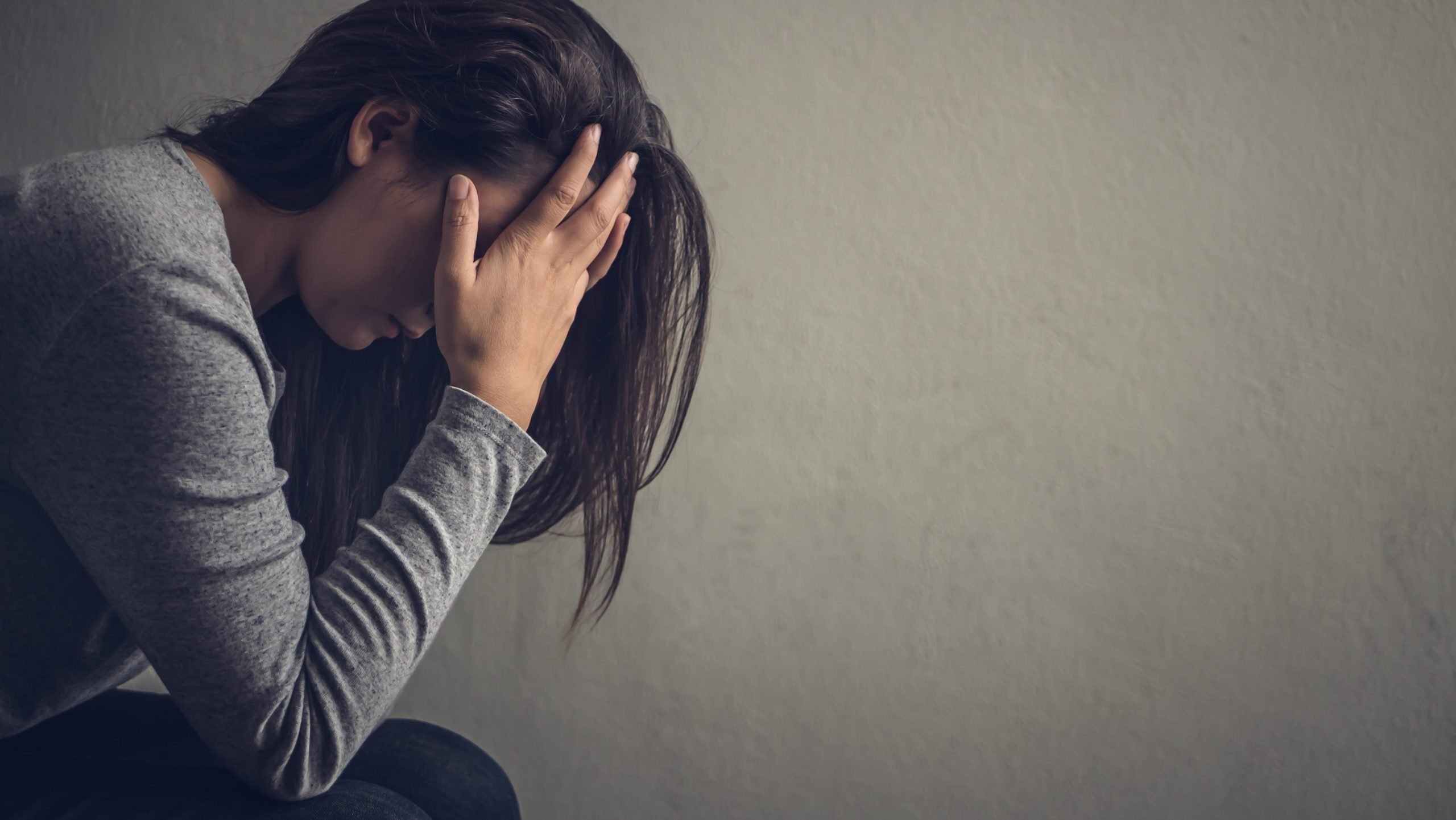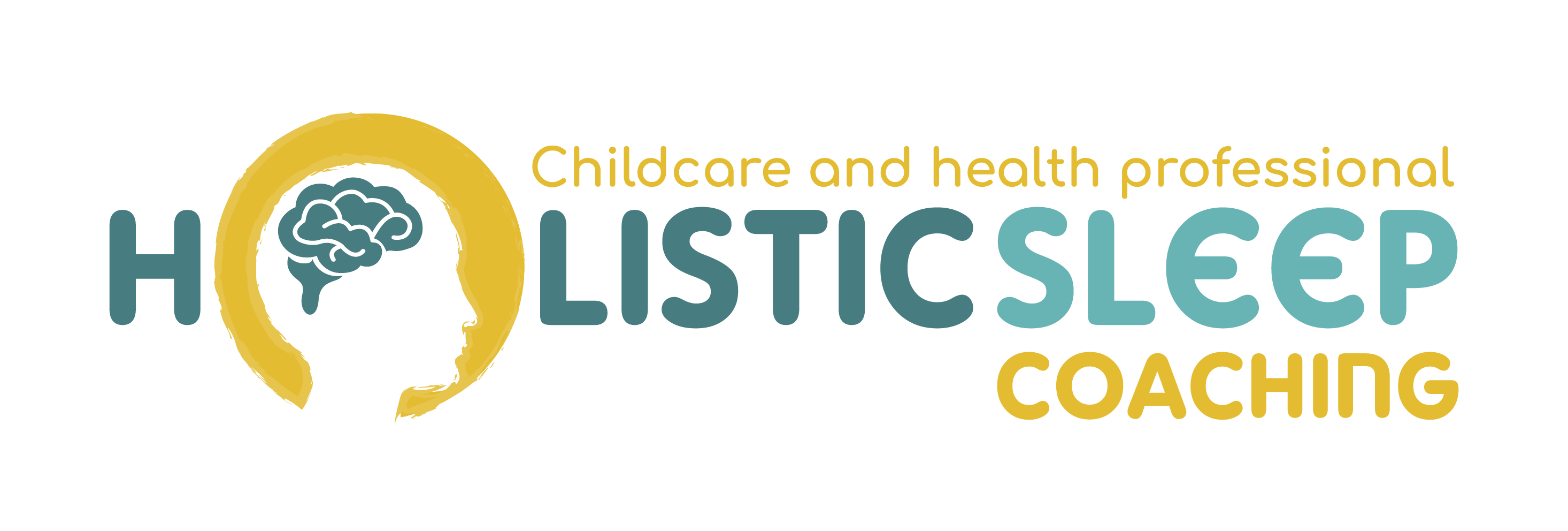Mental health and sleep are often so closely related in the early parenting phase that it would be incomplete to consider them apart. But there are still many myths that cloud our thinking in this important area. That’s why one of our 4 conference themes is Mental health, and we have two wonderful speakers to help you learn more about this important subject.

Our mental health expert speakers
Dr Kathy Kendall-Tackett, is an award-winning health psychologist and IBCLC with specialist expertise in the area of perinatal mental health and trauma, as well as author, editor and International speaker.
Alex Heath is a clinical hypnotherapist and birth doula, as well as the co-founder of the Traumatic birth recovery 3-step rewind technique to help people affected by trauma to move on.
The scale of the issue
As a professional working with parents you may have heard of the often-cited figure of 10- 15% of mothers being diagnosed with postnatal depression. Current evidence suggests that this is a gross under-estimation of the scale of the issue. Indeed, 10-15% may merely represent the people who have the resources to access the mental health support that they need. A more realistic figure according to up to date studies is close to 40% (Kendall-Tackett, 2017), and it could be higher if a mother has experienced previous trauma or violence.
What about trauma?
Meta-analysis studies suggest that about 4% of mothers meet the full criteria for post- traumatic stress disorder (PTSD) following childbirth, but this figure rises to almost 20% in high-risk groups (Yildiz et al, 2017). However, in a broader context, 30% of all parents would describe their birth as traumatic, even if their symptoms do not meet full criteria for PTSD.
The relationship between mental health and sleep
So what impact does depression, anxiety and trauma have on sleep? How do new parents with either pre-existing or new mental health problems cope with the adaptation to parenting and parenthood alongside their own personal distress?
What is the relationship between sleep deprivation and mental health problems? Does sleep make mental health problems worse, or are sleep problems are symptom of an existing mental health problem?
And is it always as clear-cut as this? What parenting support and interventions help parents who have depression, anxiety, trauma or other mental health concerns?
Why sleep support is part of mental health treatment
In your work with new families, you’ll meet many people who are struggling with either sleep or mental health or both. Sometimes these families approach their health, lactation, or parenting/sleep support professional with an apparent sleep problem, when it is actually a mental health problem that is as yet undiagnosed or identified. Other people have a known mental health concern, which could be improved with holistic sleep support. It is not always about helping infants sleep – sometimes-holistic sleep coaches focus primarily on adult sleep! So often, improving sleep and improving mental health are best addressed simultaneously.
How this conference will help you
Our speakers will be debunking myths, sharing up-to-date research and current thinking, as well as their combined considerable experience. However, you aren’t just going to get a theoretical lecture – you’ll be going home with some easy to use practical tools, and some strategies to try. We are committed to supporting everyone who helps families with holistic sleep to know better and do better within the area of mental health.
Tickets for the Holistic sleep conference are now on sale, and you can choose between attending in person, watching the live stream, or getting the recording. No matter where in the world you are, you can benefit from our amazing content and fabulous speakers.
See the conference page for more information, the full program, and to book tickets!

